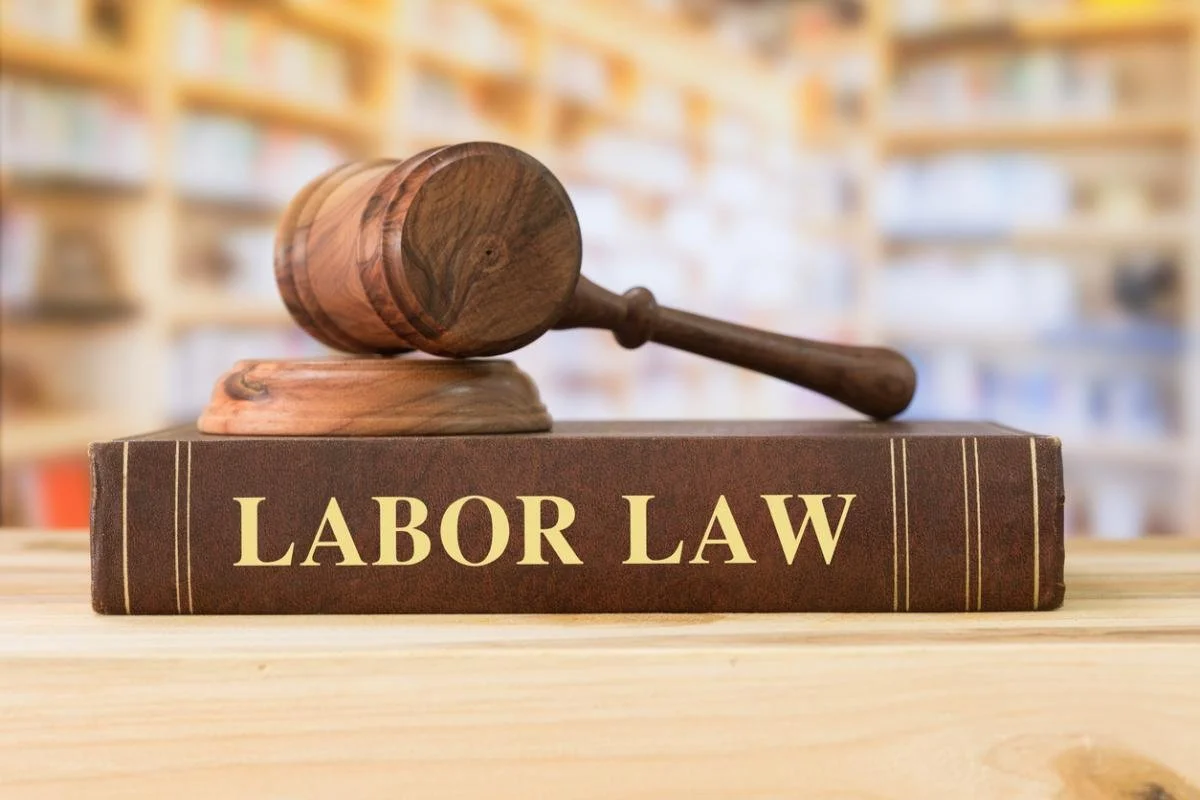Tameny Claims Based on Whistleblower Laws: Recent California Appellate Decisions Expand Scope
/There were two recent decisions regarding whistleblower protections that could have a significant effect on the scope of claims based on Whistleblower Laws. The two decisions noted were issued by two separate districts of the California Court of Appeal with both courts issuing a reversal of trial court dismissals of claims for wrongful termination.
The two cases that received the recent reversals were: Ferrick v. Santa Clara University and Diego v. Pilgrim United Church of Christ.
Ferrick’s case was originally dismissed on the basis that her allegations of misconduct on the part of her director involved the financial interests of a private university rather than the required “public at large.” The Court of Appeals upheld this decision, but found specific aspects of Ferrick’s case that did state a cause of action for wrongful termination in violation of public policy, albeit on a narrow basis. The specific instance that caused the reversal was that Ferrick appeared to have reasonable cause to suspect commercial bribery. When she disclosed these reasonable suspicions it was to the university’s budget director. The misconduct that followed this specific instance was found to be not only affecting the university’s private financial interests, but also held implications of public policy that is embodied in Labor Code section 1102.5.
Diego worked at the Pilgrim United Church of Christ preschool as an assistant director. In response to an anonymous complaint from an employee regarding a “foul odor” in a classroom and inadequate amounts of sand underneath playground equipment, the state licensing division conducted an unannounced inspection of the premises. No violations were found. Diego claims that the director of the preschool suspected she filed the complaint and in response, Diego was discharged several days later. Cause stated was insubordination, as she did not attend a meeting that was scheduled during her vacation. When Diego filed suit for wrongful termination, Pilgrim United protested that (according to former California Labor Code section 1102.5(b) which was in effect at the time of Diego’s termination) protection is only granted to employees who actually disclose state regulation violations. Their argument was that Diego was not protected by the stated employment law because she “did not file the complaint.” The trial court dismissed Diego’s case, but she appealed. The California Court of Appeal disagreed with the trial court stating that the public policy behind section 1102.5(b) wasn’t limited to employees who actually reported violations, but also included protection for employees who were suspected of reporting violations to state agencies. They noted that the intent of the law was to make employees comfortable reporting violations and to exclude employees “perceived” as whistleblowers from the protections offered by the statute would instead of a discouraging effect that would keep more employees from reporting violations.
To note: Labor Code section 1102.5(b) was amended as of January 1, 2014 to protect employees from retaliation based on the employer’s belief that they disclosed a violation. Claims for wrongful termination in violation of public policy, such as those stated above, are also known as Tameny claims. The California courts of appeal seem reluctant to confirm dismissal or summary judgment when the public policy that is at issue concerns a whistleblower or perceived whistleblower and whistleblower statutes. These two cases indicate that the public policy behind the whistleblower statute should be interpreted broadly in order to increase the protection for employees that may not be offered protection by the statute if interpreted as expressly stated.
These two cases are significant because in both the courts supported Tameny claims for individuals who, previously, would have been denied protection under the whistleblower law. With Diego we see an employee who never blew the whistle being allowed to pursue a Tameny claim even though in the past the protection from adverse action was only offered to actual whistleblowers. With Ferrick we see an employee pursuing a Tameny claim even though the reports were only made internally. In the past, employees who reported internally were not afforded the same protection as a clearly defined “whistleblower.”
If you need more information on whistleblower laws in California or how California employment law protects employees from adverse action from employers after reporting violations, contact the experts at Blumenthal, Nordrehaug & Bhowmik.



